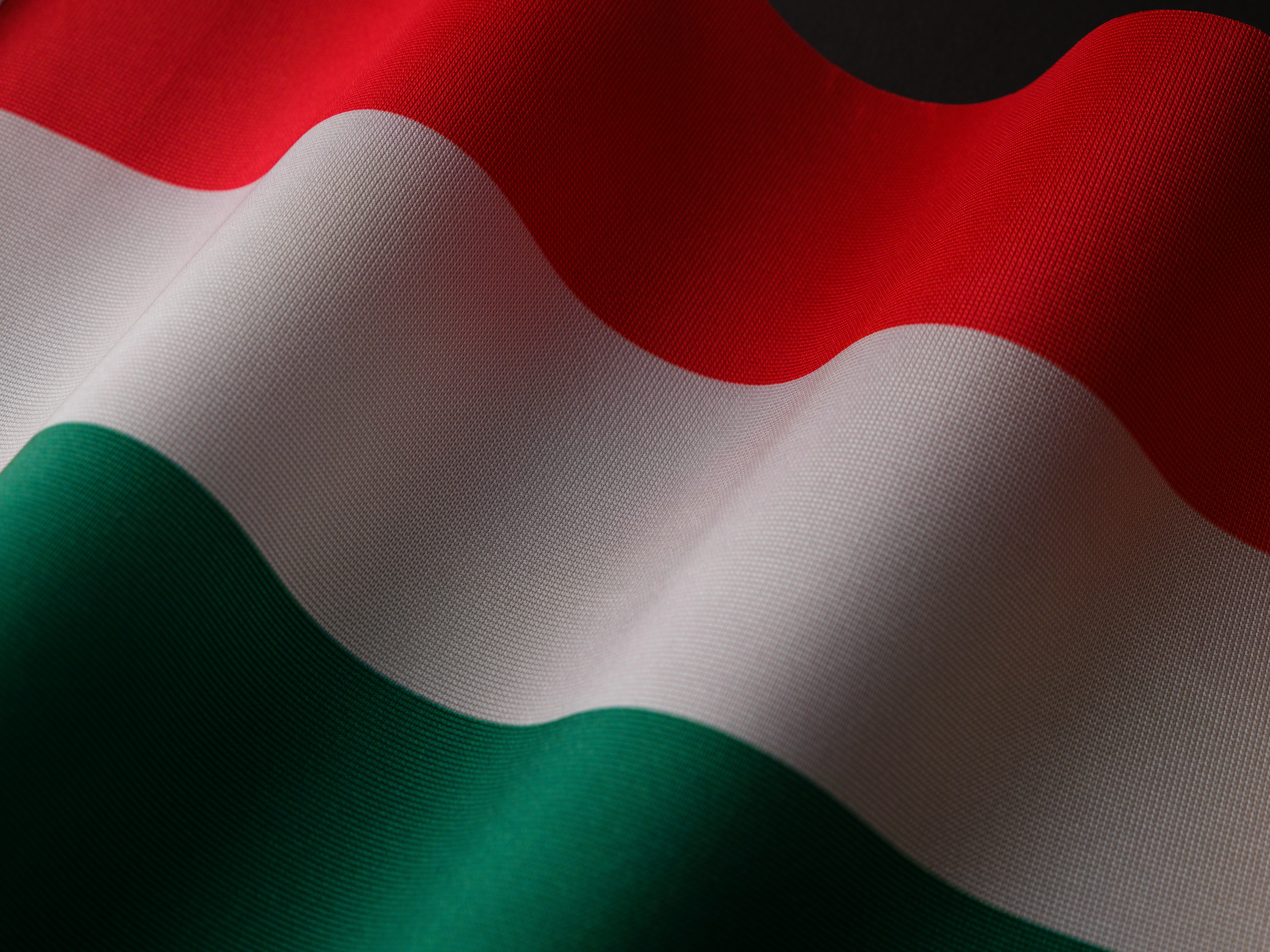On 28 September, the Home Department of Odisha, India ordered a 48-hour suspension of all internet services, including social media and mobile data in Bhadrak district. This move aimed to combat communal violence propagated through social media. Over the past six years, this approach has become a default strategy of the regional and central governments in dealing with protests, communal violence flares and even mundane issues such as prevention of cheating during exams. This trend can be traced back to August 2019, when the Indian Government completely blocked all communication networks in the Jammu and Kashmir region, cutting off essential services such as landlines, fixed line internet, and mobile networks. The government sought to prevent locals from organizing protests (including peaceful ones) over a controversial law that directly affected the region. For over 500 days, until February 2021, mobile 4G internet remained restricted in the area. This was particularly detrimental as this shutdown impacted all aspects of daily life for the population, 96% of whom rely on mobile internet. Combined with movement restrictions, medical services, emergency requirements, education and livelihood were drastically hindered. In effect, the region remained isolated from the rest of the world for nearly two years.
The Bhadrak incident is not a unique case but rather part of a troubling pattern. In 2023, an internet shutdown impacting around 30 million people had been imposed in Punjab in order to enable the police to hunt down a Sikh Separatist leader. For over 48 hours, the internet and SMS services were suspended to “stop the spread of fake news”, but inadvertently halting shops, businesses and digital payments for every individual in the state. The longest cyber blackout recorded in 2023 was enacted by the regional authority of Manipur, lasting over 5,000 hours as an attempt to control ethnic violence between the Meitei and Kuki communities. During this period, not only the rest of the world, but also the locals were kept in the dark about horrific human rights violations due to a lack of information transparency. A clip that was sent through social media depicting the abominable sexual assault of two local women only emerged in the media two months after it was filmed, as a result of the internet blackout.
In 2023 alone, India accounted for 41% of the 283 global internet shutdowns, as reported by the non-profit organization Access Now. This marks the sixth year in a row where the Indian government has enacted the highest number of internet crackdowns. Of the country’s 29 states, 13 have experienced internet disruptions in 2023. Alarmingly, shutdowns spanning over five days have increased from 15% in 2022 to over 41% of all shutdowns in 2023. Furthermore, as 96% of the population with internet access depend on wireless connection, 60% of the shutdowns exclusively targeted mobile networks.
The Supreme Court of India previously judged following the shutdown in Kashmir that “suspension of internet services indefinitely is impermissible” and must be considered a drastic measure used only when necessary and unavoidable. However, Indian authorities have been weaponizing the power to enact shutdowns, using this method arbitrarily and erratically, thus ignoring procedural limitations set by the Supreme court. Review committee orders from some Indian states have demonstrated a severe lack of effective monitoring, as most committees simply agree with government internet suspension orders without questioning their necessity or legality. When details were requested under the Right to Information Act, 15 states failed to provide any details, and review committees rarely make findings public.
This widespread and arbitrary use of internet blackouts poses a severe threat to India’s democratic values and constitutes a clear violation of basic human rights. In 2016, the United Nations Human Rights Council passed a resolution decisively denouncing internet shutdowns. Human Rights experts have declared that blanket internet shutdowns violate international human rights law, especially considering how access to the internet has been projected to be a human right by 2030. These developments are particularly viewed with concern, as India in 2013 was co-signatory to the proclamation under Article 19 of the International Covenant on Civil and Political Rights, that the right to freedom of expression and information must also be protected online.
Beyond the human rights implications on the front of freedom of expression, these shutdowns permeate every aspect of life in India as of 2024, as the country progressively adopts technology and digital advances in multiple sectors of society. Under the Modi government’s “Digital India” plan, an extensive digital infrastructure — including a biometric identity system, a digital payment interface (which now accounts for over 70% of all non-cash retail payments in India), and online data management systems containing IDs, tax filing services, and vaccine certificate documentation — has been developed. As a result, when internet services are shut down, the consequences are far-reaching, particularly for rural and marginalized communities that depend heavily on digital services for basic necessities. With current developments, receiving subsidised food grains requires authentication using biometric IDs, thus causing periods of hunger for poorer families during shutdown periods. Conducting activities like banking, filing for taxes and work programmes similarly require internet access. Payment and salaries have been cut for workers in the government’s rural income security programme NREGA, as they are required to register attendance at work through an online portal.
In the age where the internet is integral to daily life, mass shutdowns carry devastating consequences, particularly when used as a default response to political dissent or as a form of collective punishment. Such actions not only suppress voices of opposition but also isolate entire regions, stripping millions of their fundamental rights and access to essential services. As India continues to push forward with its digital transformation, the government must recognize that access to the internet is not merely a convenience, but an essential human right that should never be taken away lightly.






